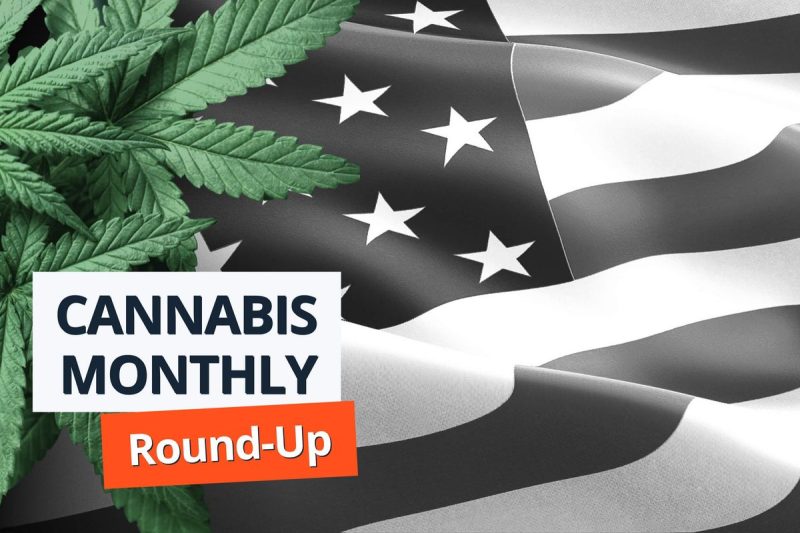
US Gears Up for Transformative Cannabis Hearing: State Markets Flourish With Unprecedented Growth!
The Cannabis industry has been in a constant state of evolution and growth, with developments taking place at both federal and state levels. Possibly one of the most significant propositions to impact the sector recently is the U.S. government’s decision to schedule a hearing on the rescheduling of cannabis. This move, along with the continued expansion of state markets, indicates a shift in the perception towards the cannabis industry and offers the possibility of significant growth.
The U.S. has set a date for a hearing on rescheduling cannabis, a move that could reshape the entire cannabis industry. For many years, cannabis has been classified under Schedule I of the Controlled Substances Act, which includes substances with a high potential for abuse and no currently accepted medical use. However, the DEA (Drug Enforcement Administration) has initiated a procedure to potentially reschedule cannabis. This decision follows a request from the Department of Health and Human Services (HHS), showing an increasing recognition of the potential therapeutic benefits of cannabis.
The potential for the rescheduling of cannabis could be transformative for the industry. Until now, the Schedule I classification has restricted the scope for research and development within the industry, with strict regulations making it difficult for pharmaceutical companies to explore the medicinal benefits of cannabis. The rescheduling of cannabis could facilitate an explosion in medical research and development, offering new avenues for growth within the cannabis sector.
In addition, the rescheduling could have significant downstream effects on the recreational cannabis industry. An upgrade from a Schedule I classification would remove the restrictions associated with selling and buying cannabis, thereby unlocking new markets and providing unprecedented growth opportunities for businesses operating within the cannabis industry.
Meanwhile, state markets are seeing an increase in growth. This can be partially attributed to more lenient regulations from state governments, the increasing acceptance of cannabis in medical treatments, and growing consumer demand.
Many states have launched initiatives aimed at expanding the cannabis industry, including measures to encourage cannabis start-ups and incubators. States like California and Colorado, which have robust cannabis markets, have set an example for other states looking to explore the economic benefits of a thriving cannabis sector.
The growth of the state markets can be seen in the figures. Cannabis sales in the U.S are projected to reach a staggering $23 billion by the year 2022. This growth is fuelled, in part, by the adoption of cannabis-infused foods and drinks and surges in CBD product sales. There’s also an uptick in cannabis tourism, where states with legalized cannabis are attracting tourists looking for cannabis-based experiences
